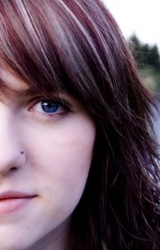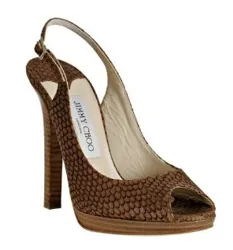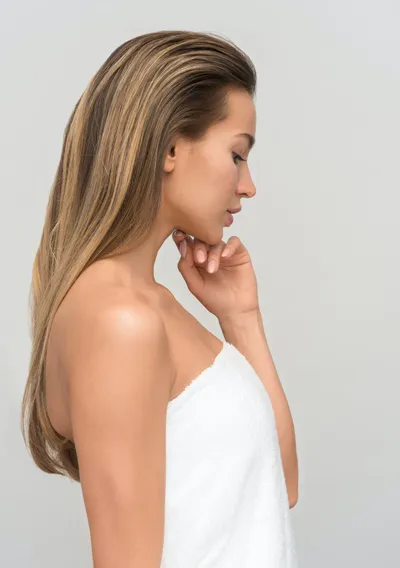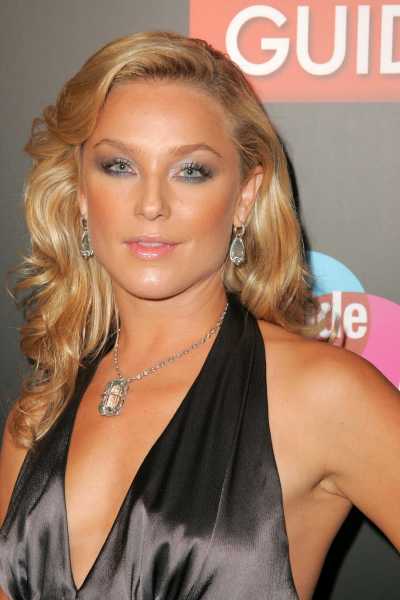
Unlocking Your Skin's Moisturization Secrets
 Unlocking Your Skin's Moisturization Secrets
Unlocking Your Skin's Moisturization Secrets
When you consider the problems related to dryness, including that it makes skin look older, there’s no question of the need for a great moisturizer.
Basis Of Hydration
Still, the basics of hydration, who, when, why, and with what, can be confusing. In general, there are three main factors that influence the need for moisturization.
1. The first is skin type, with drier complexions requiring more hydration than oilier types. Those with oily skin naturally have more sebaceous glands working overtime to pump out sebum, the lubricant produced by the skin.
2. The second factor is season. Though the duration varies according to geography, during those months that skin is exposed to colder temperatures and lower humidity, aggressive use of moisturizers is often in order.3. The third factor is age. As you get “less young” and the output of the sebaceous glands naturally diminishes, skin usually gets drier – though, unfortunately, those with very oily skin often don’t actually notice the oil dip until they reach their fifties.
From here, due in part to the various steps women are taking to have younger, healthier, more radiant-looking skin, the issue of moisturization gets more complicated.
Reversing The Signs Of Aging
 For instance, most women, including many in their twenties, who as a result of sun exposure have skin that makes them look forty – are using either an alpha-hydroxy acid (AHA) or retinoid to reverse the signs of aging (those in “turbo mode” are using a combination of both therapies).
For instance, most women, including many in their twenties, who as a result of sun exposure have skin that makes them look forty – are using either an alpha-hydroxy acid (AHA) or retinoid to reverse the signs of aging (those in “turbo mode” are using a combination of both therapies).
While these ingredients are proven to sometimes be dramatically effective at reversing a myriad of problems,including fine lines and pigmentation problems, they can also initially be quite drying when used in higher concentrations.
Although over-the-counter versions of AHAs and retinols, a milder type of retinoid, are much kinder and gentler to skin, they pack much less of an anti-aging punch than those dispensed by physicians.
“As a result of this quest, many younger women are prematurely in need of moisturizer, which is my recommended “fire extinguisher” for the subsequent peeling, flaking and dryness they experience,” said Cherie Ditre, MD, director of cosmetic dermatology at the University of Pennsylvania in Philadelphia.
A very good moisturizer which goes beyond just simple moisturization to provide the benefits of repair and rejuvenation following anti-aging treatments like chemical peels and microdermabrasion is worth every penny.
And even when used as a solo agent, a good moisturizer, which contains the active ingredient N6-furfuryladenine, a growth factor derived from plants, has been found to help diminish fine lines without producing any subsequent irritation.
As a general rule, no matter what moisturizer is being used, it’s best to apply it immediately after washing and patting skin dry, so as to seal in the moisture that’s been absorbed.
Skin Conditions
 Some skin conditions also figure prominently into the issue of moisturization. For instance, it’s not uncommon for women in their twenties, thirties, and forties to be battling adult acne, and the excessive oil that contributes to the condition.
Some skin conditions also figure prominently into the issue of moisturization. For instance, it’s not uncommon for women in their twenties, thirties, and forties to be battling adult acne, and the excessive oil that contributes to the condition.
Dr. Ditre finds it confounding that many of the agents used to control breakouts, including benzoyl peroxide, salicylic acid and retinoids, also dry the surrounding skin.
States Ditre, “while acne sufferers are usually very resistant to using a moisturizer – ‘the oil in it will make me break out!’ or ‘I’m too oily already!,’ patients are usually much more pleased and comfortable with their acne treatment once they’re convinced to try an oil-free, non-comediogenic and non-acnegenic moisturizer on parched patches.”
T-Zone
Similarly moisturizer-phobic are those with an oily forehead, nose, and chin (the so-called T-zone), where the concentration of sebaceous glands is greatest. Much to their surprise, many women with this oily T-zone still need a moisturizer on the cheeks, an area that’s often drier.
No matter what their age, skin type, or geographical location, women can experience dryness by using inappropriate or harsh products, such as cleansers and toners.
 For this reason, anti-bacterial and/or bar soaps aren’t recommended for use on the more delicate facial skin. Still, even a gentle cleanser, which nonetheless will have a detergent action, will at least partially remove the skin’s outer layer, as well as strip it of its protective oils to some extent.
For this reason, anti-bacterial and/or bar soaps aren’t recommended for use on the more delicate facial skin. Still, even a gentle cleanser, which nonetheless will have a detergent action, will at least partially remove the skin’s outer layer, as well as strip it of its protective oils to some extent.
Suddenly, “normal” skin can feel dry and tight. If this occurs (whether it’s daily or just during certain seasons of the year), it’s recommended to apply a moisturizer formulated for use on facial skin. Besides doing a nice job of rehydrating skin and making it look less like a prune and more like a plum, doing so will allow makeup to go on more smoothly.
More Information
Please follow me on Twitter at: http://Twitter.com/HairBoutique. I look forward to meeting new people from all walks of Twitter and learning from their Tweets. Visit us at Hairboutique.com located at: http://www.HairBoutique.com, on Facebook, MySpace and YouTube.
Thank you for visiting us at The HairBoutique Blog and for leaving your comments. They are very much appreciated. We apologize in advance but must remove any direct advertisements or solicitations.Social Media Network Information
Please follow us on Twitter at: https://Twitter.com/HairBoutique. I look forward to meeting new people from all walks of Twitter and learning from their Tweets.















